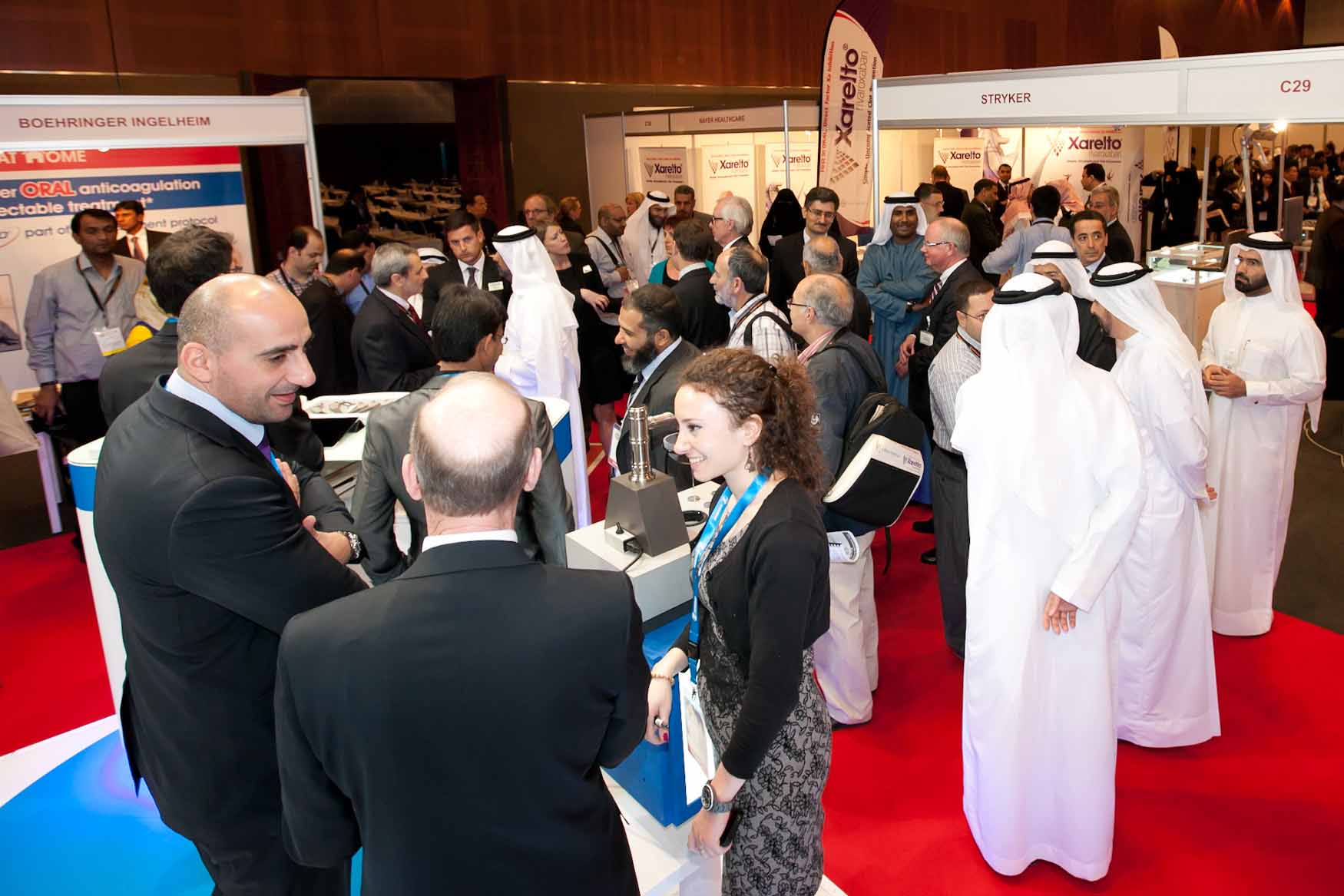Arthritis prevalent in 20% of Middle Eastern population
 There are a hundred types of Arthritis classified within the medical community today, many of which are currently present in 20% of the Middle Eastern population, affecting individuals of all ages.
There are a hundred types of Arthritis classified within the medical community today, many of which are currently present in 20% of the Middle Eastern population, affecting individuals of all ages.
Arthritis is commonly recognised as a condition occurring to the old and frail; however, inflammation of the joints is increasingly known to also affect the younger generation.
More than 40 international and regional joint reconstruction experts will be converging at the 2nd International Congress for Joint Reconstruction – Middle East (ICJR Middle East), which will take place from 7-9 March 2013 at the Dubai International Convention & Exhibition Centre, UAE.
This year’s congress will feature many topics in the field of joint reconstruction and surgery such as what may be considered before undergoing a total knee arthroplasy, avoiding complications in knee surgery, and shoulder sports injuries.
According to Dr. Humeira Badsha, consultant rheumatologist at the Dr. Humeira Badsha Medical Center in Dubai, UAE, “Arthroplasty, which is the surgical procedure used to relieve pain and restore the range of motion by realigning or reconstructing a joint , is a very important topic that is frequently discussed during the congress due to the prevalence of arthritis and conditions that require this procedure. Arthritis is now a growing concern to Middle Eastern populations with the most common classifications of arthritis being osteoarthritis, rheumatoid arthritis and ankylosing spondylitis.”
Since arthritis is not limited to a particular age, it is especially challenging in youth who suffer from this condition. Juvenile rheumatoid arthritis (JRA) is the most common type of arthritis that persists for months or years at a time. There are three main forms of juvenile rheumatoid arthritis (JRA), which are classified by how they begin. These forms are pauciarticular (less than four joints affected), polyarticular (four or more joints affected), and systemic-onset (inflamed joints with high fevers and rash).
Another contributing factor the prevalence of arthritis in the Middle East is the fact that vitamin D deficiency is extremely common, and studies have shown that most of rheumatoid arthritis cases also happen to have vitamin D deficiency.
Dr. Badsha states that Vitamin D deficiency affects about 80% of the Middle East population and leads to muscle and bone weakness, which in turn makes the body susceptible to and more vulnerable in conditions where the patient is suffering from Rheumatoid arthritis. Usually calcium and vitamin D supplements are enough to prevent bone disease such as osteoporosis. However, once the bones are already weak, these are insufficient and a person has to take medications to reduce their risk of fractures.
Running alongside the Congress is an exhibition with 26 companies showcasing their latest products and services. Key organisations include Max Medica, Boehringer Ingelheim, Zimmer, Merck Sharp& Dohme, and the American Hospital Dubai.
ICJR-ME will be held on 7-9 March 2013 with free entrance to the exhibition for all trade professionals. For more information, please call +971 4 407 2813 or visit www.icjr-me.com.
